All Greensburg Addiction Treatment Centers
-
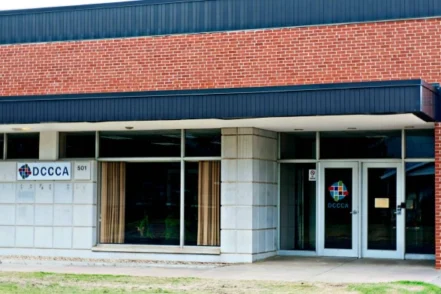
DCCCA Pratt
501 South Ninnescah Street
Pratt, Kansas 67124Treatment Programs
- Drug Rehab
-
Horizons Mental Health Center Pratt County
602 East 2nd Street
Pratt, Kansas 67124Treatment Programs
- Dual Diagnosis
-
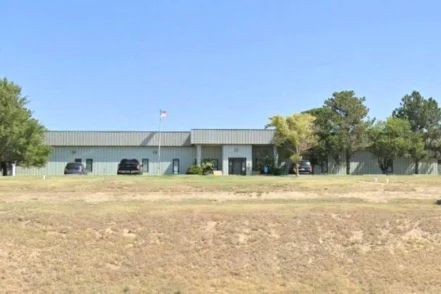
New Chance Dodge City
2500 East Wyatt Earp Boulevard
Dodge City, Kansas 67801Treatment Programs
- Alcohol Rehab
- Opioid Addiction
- Drug Rehab
- +4
Insurance
- Medicaid
- Private insurance
- +2
-
The Center for Counseling and Consultation St John
402 North Santa Fe Street
St. John, Kansas 67576Treatment Programs
- Alcohol Rehab
- Dual Diagnosis
- Opioid Addiction
- +5
Insurance
- Self-pay options
- Private insurance
- +2
-
Destructive Behavioral Alternatives
2214 Hillside Avenue
Dodge City, Kansas 67801Treatment Programs
- Alcohol Rehab
- Dual Diagnosis
- Opioid Addiction
- +4
Insurance
- Medicaid
- Private insurance
- +1
-
The Center for Counseling and Consultation Larned
820 Broadway Street
Larned, Kansas 67550Treatment Programs
- Alcohol Rehab
- Dual Diagnosis
- Opioid Addiction
- +5
Insurance
- Self-pay options
- Private insurance
- +2
-
Community Support Services Dodge City
3000 North 14th Avenue
Dodge City, Kansas 67801Treatment Programs
- Drug Rehab
- Dual Diagnosis
Insurance
- Medicaid
- Medicare
- +4
-
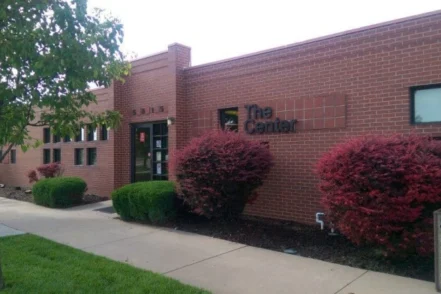
The Center for Counseling and Consultation
5815 Broadway Street
Great Bend, Kansas 67530Treatment Programs
- Alcohol Rehab
- Dual Diagnosis
- Opioid Addiction
- +5
Insurance
- Medicaid
- Private insurance
- +5
-
Dream Inc Great Bend
1901 Washington
Great Bend, Kansas 67530Treatment Programs
- Young Adult Rehab
- Adult Program
- Alcohol Rehab
- +1
-
Northwest Center for Behavioral Health Outpatient Services Alva
604 Choctaw Street
Alva, Oklahoma 73717Treatment Programs
- Dual Diagnosis
- Drug Rehab
-
Northwest Center for Behavioral Health Fort Supply
1 Mile East Us Highway 270
Fort Supply, Oklahoma 73841Treatment Programs
- Dual Diagnosis
- Adult Program
- Senior Rehab
- +1
Insurance
- Medicaid
- Private insurance
- +3
-
Northwest Treatment Center Waynoka
1095 Nickerson Street
Waynoka, Oklahoma 73860Treatment Programs
- Alcohol Rehab
- Dual Diagnosis
- Opioid Addiction
- +4
Insurance
- Medicaid
- Private insurance
- +5
-
Mirror Inc Anthony Outpatient Office
118 West Steadman Street
Anthony, Kansas 67003Treatment Programs
- Drug Rehab
- Dual Diagnosis
-
The Center for Counseling and Consultation Lyons
217 East Avenue N
Lyons, Kansas 67554Treatment Programs
- Alcohol Rehab
- Dual Diagnosis
- Opioid Addiction
- +5
Insurance
- Self-pay options
- Private insurance
- +2
-
Social & Rehabilitation Services
600 Andrew Avenue
South Hutchinson, Kansas 67505
Other Nearby Cities
Top Drug Rehab Centers in Kansas
-
 Kansas
KansasFull Circle Education and Counseling
11605 South Burch Street Olathe, Kansas 66061
Treatment Programs
- Alcohol Rehab
- Dual Diagnosis
- Opioid Addiction
- +7
-
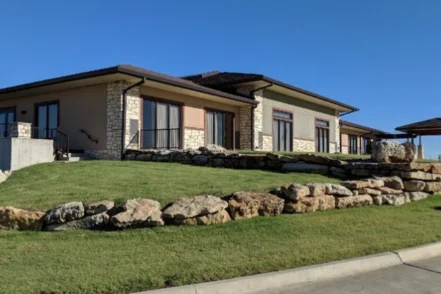 Kansas
KansasBel Aire Recovery Center
4969 N Tierra Lakes Pkwy Greenwich, Kansas 67226
Treatment Programs
- Alcohol Rehab
- Dual Diagnosis
- Drug Rehab
- +4
-
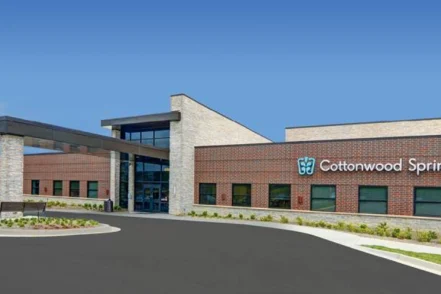 Kansas
KansasCottonwood Springs
13351 S. Arapaho Drive Olathe, Kansas 66062
Treatment Programs
- Alcohol Rehab
- Dual Diagnosis
- Opioid Addiction
- +4
-
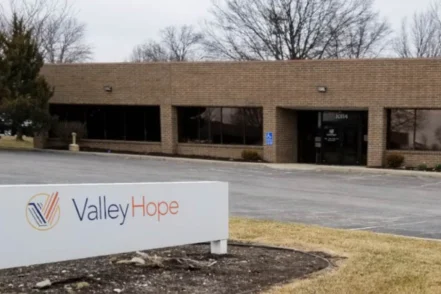 Kansas
KansasValley Hope of Overland Park
10114 West 105th Street, Suite 100 Overland Park, Kansas 66212
Treatment Programs
- Alcohol Rehab
- Opioid Addiction
- Drug Rehab
- +4
-
 Kansas
KansasMirror Kansas City
6723 State Avenue Kansas City, Kansas 66102
Treatment Programs
- Alcohol Rehab
- Opioid Addiction
- Drug Rehab
- +4
-
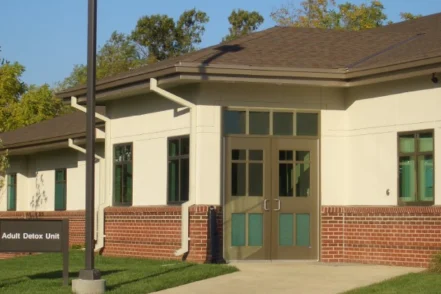 Kansas
KansasJohnson County Mental Health Center Adult Detox
11120 West 65Th Street Shawnee, Kansas 66203
Treatment Programs
- Alcohol Rehab
- Opioid Addiction
- Drug Rehab
- +4
-
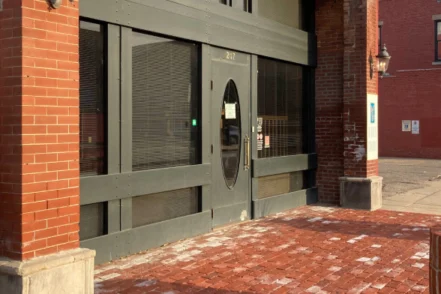 Kansas
KansasHigher Ground Wichita
247 North Market Street Wichita, Kansas 67202
Treatment Programs
- Alcohol Rehab
- Dual Diagnosis
- Opioid Addiction
- +4
-
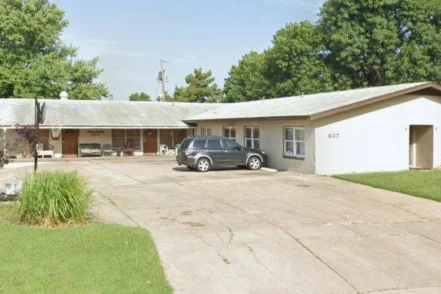 Kansas
KansasAtishwin Institute
937 South Bluffview Street Wichita, Kansas 67218
Treatment Programs
- Alcohol Rehab
- Opioid Addiction
- Drug Rehab
- +3
-
 Kansas
KansasValley Hope of Atchison
1816 North 2nd Street Atchison, Kansas 66002
Treatment Programs
- Drug Rehab
- Dual Diagnosis
- +-1
-
 Kansas
KansasNew Chance Dodge City
2500 East Wyatt Earp Boulevard Dodge City, Kansas 67801
Treatment Programs
- Alcohol Rehab
- Opioid Addiction
- Drug Rehab
- +4
